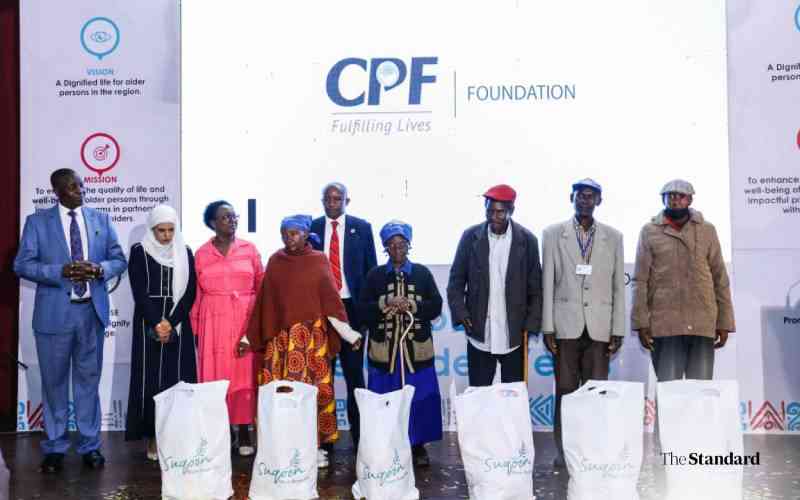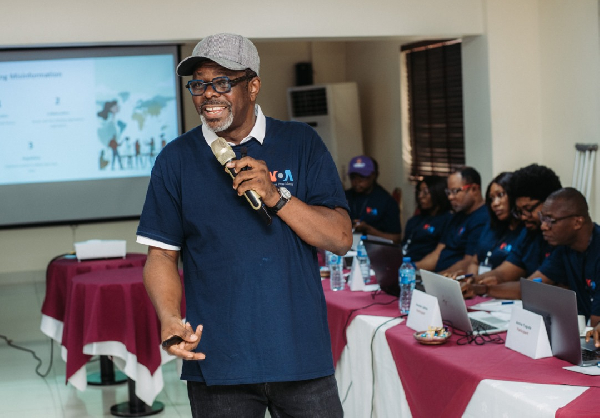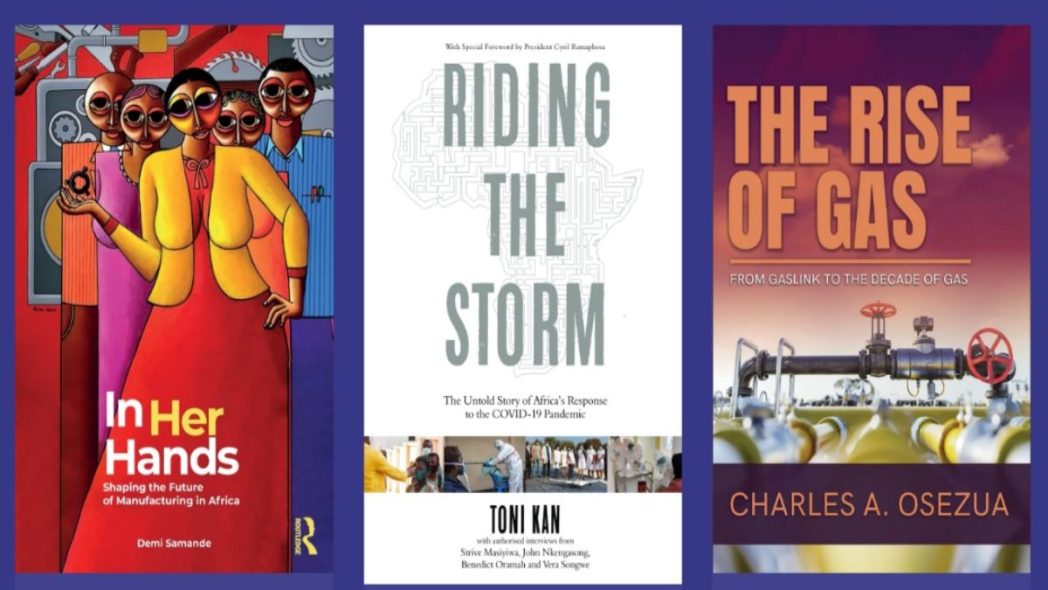Elderly persons face discrimination amid calls for age-friendly communities

[James Wanzala, Standard]
Ageism, which is the discrimination against older persons, has been cited as one of the biggest challenges affecting senior citizens.
This is according to Maurice Omollo, manager of the County Pension Fund (CPF) Foundation, during the foundation's official launch.
The foundation aims to drive measurable change in the care and dignity of older persons in the communities where CPF Group entities operate.
“Many organisations in the country have been focusing on children, youth, and women, but the elderly are left out. We want to focus on old persons and give them a dignified life,” said Omollo.
Ageism is closely followed by low respect for old age, impoverished shelter, old age poverty, sickness, neglect, loneliness, elder abuse, and dispossession, which all result in a vicious cycle of poverty.
According to ageing global trends, older adults above 60 years were 1 billion in 2019, representing 13 per cent of the entire population.
By 2050, the number is projected to increase to 2.1 billion, a 22 per cent growth.
In Africa in 2015, it was 64 million, a five per cent increase, and the region is the fastest growing segment. It’s projected to nearly double and grow by 6.7 per cent to 128 million by 2030.
In Kenya, by 2009 it was 1.9 million (5 per cent) of the total population, 2.7 million in 2019, a 5.8 per cent growth and is projected to grow steadily to 3.5 million by 2030, representing a 6.7 per cent rise and 4.3 million by 2045, which is a 7.5 per cent growth.
The numbers show that countries need to come up with mechanisms to support senior citizens.
Kenya already has a cash transfer programme called Inua Jamii, where elderly persons aged 70 years get around Sh2,000 per month.
Omollo said the foundation will have three pillars, including social and economic well-being, where it intends to create 500,000 houses for older persons by 2029.
The other pillars are research and advocacy and partnership, and resource mobilisation.
Stay informed. Subscribe to our newsletter
He regretted that despite the country having a national policy for older persons, it does not have an Act of Parliament.
CPF Group managing director Dr Hosea Kili said the Foundation will identify and deal with the challenges of an ageing society that the leaders have neglected.
"The Foundation will also advocate for safer cities and environment and financial security for the elderly," said Kili.
He welcomed President William Ruto's recent exemption of taxation on gratuity and pension, saying that despite many people not saving for retirement.
Kili said the 500,000 commercial residential houses will be called Golden villages and will be age-friendly.
“We will promote the construction of good houses for retirees. I think it’s a profitable business, and if you look at the western world, it's being done very well," he added.
Michael Kanyingi, founder of Mang’u Integrated Community Project (MICOP), a community-based organisation, called for age-friendly cities and communities.
“The key features of age-friendly cities and communities are accessible transport, safe housing, inclusive social activities, and age-sensitive healthcare, one that empowers older people to stay engaged, healthy, and independent,” said Kanyingi, who also represents older persons at the UN-Habitat Secretariat.
He added: “We have 1,700 age-friendly cities in the world, but Africa has not even one. Nairobi tried and went as far as filling the forms, but from there. They moved off the map. I am requesting Suqoon Foundation, CPF, and other partners to help us put up age-friendly cities in Nairobi, Mombasa, and possibly Kiambu.”
Kanyingi said 2020 to 2030 is the decade for healthy ageing, and in 2010, the World Health Organisation (WHO) started the global age-friendly cities network.
Jane Gitau, a lecturer at KCA University and a gerontologist, the scientific study of old age, process of ageing, and the particular problems of old people, said there is a need for insurance firms to consider post-retirement medical covers.
“Post-retirement medical Fund started in 2008 by the Retirement Benefits Authority (RBA), but up to now, we have had good uptake. This is because we have not sat down as collaborators and partners to see who brings what," said Ms Gitau.
She added: “Because if we have to bring in specific treatment for older persons, we have to have a capacity of doctors who are experts in palliative care to give us products that we want. Insurance companies also need to research to know the customers' demand and know the premiums, and all this needs collaboration.”
William Ouma from the International Labour Organisation (ILO) said Kenya, compared to other developing countries, has a high number of ageing populations.
"The government should look at social protection safety nets so that when people leave employment, they can have a dignified life, and we are happy about universal health cover (UHC). Currently, its commitment to social protection is about 3.5 per cent of GDP, which is very low compared to the international average of 10 per cent," said Ouma.
Nairobi City County Government chief officer for social services, Tony Kimani and who represented Governor Johnson Sakaja, said the county has a care home called Mji Wa Huruma located in Runda estate.
“Inside there, we have 17 old ladies and 28 men, and we lost one of our members a month ago. We are looking at empowerment of our old persons, and we are looking at coming up with a bakery inside there to produce bread that will be consumed and sold outside in the environment of Runda and the four children's homes we have in Eastlands and Kibra,” said Kimani.
He called for education programmes on ageing and taking care of older persons so that they may understand the issues at a young age.
Shakira Khawaja, founder of Suqoon Foundation, called for partnership to leverage resources, avoid duplication of roles, improve efficiency and strengthen systems, and share best practices.
“Today is not just the launch of a foundation but the strengthening of the network, a collective coming together of organisations and individuals dedicated to dignity and ageing of older persons,” she said.












